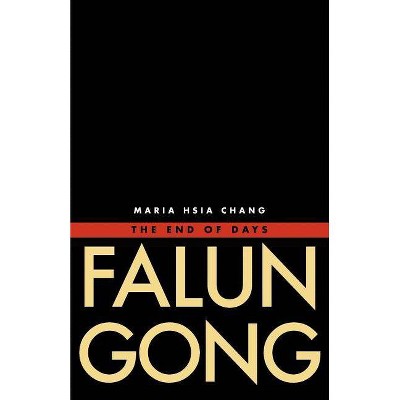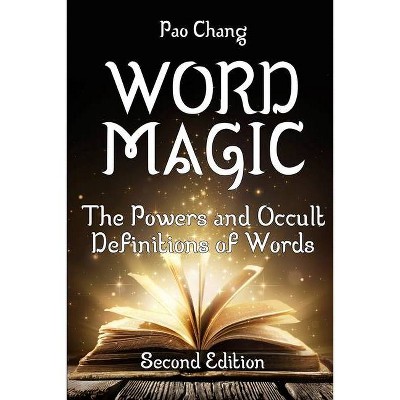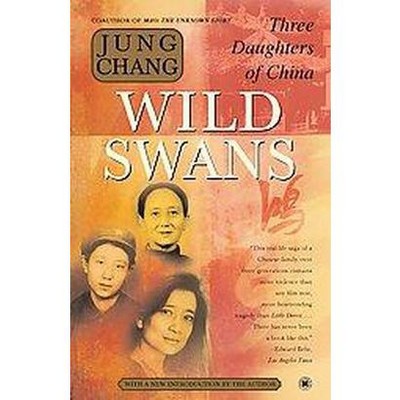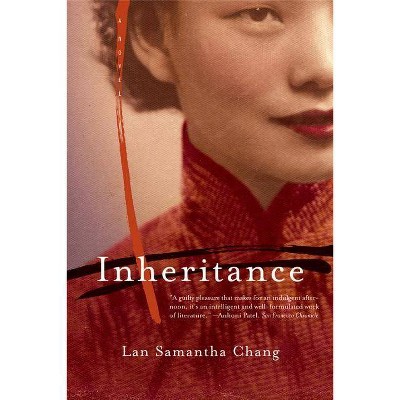Sony Vs Samsung - by Sea-Jin Chang (Paperback)
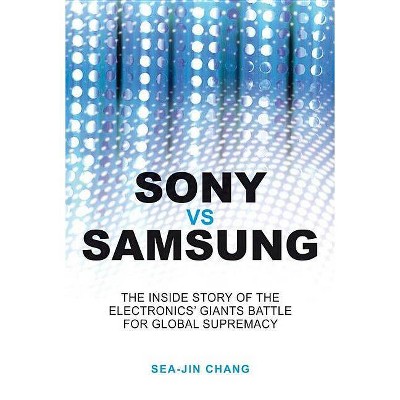
Similar Products
Products of same category from the store
AllProduct info
<p/><br></br><p><b> About the Book </b></p></br></br>"In 2002 a milestone occurred in the electronics industry. The market capitalization of Sony fell below that of Samsung for the first time. Why did the performance of Sony, which once dominated the global electronics industry, drop so rapidly while Samsung emerged from nowhere?" "This book from leading business professor Sea-Jin Chang compares key strategic decisions by Sony and Samsung with respect to technology, marketing, organizational infrastructure, and globalization strategies from the mid-1990s to 2006." "One of the key findings drawn from this book is that the performance differences between Sony and Samsung cannot be attributed solely to their strategies. Rather, organizational processes and executive leadership also contributed significantly to their performances. The author examines these contributions in detail and in doing so reveals much about each company's approach to global expansion and their key factors for success and failure." "Sony vs. Samsung examines the challenges that Samsung faces, despite its remarkable performance, while evaluating Sony's potential, despite its current struggles. The conclusions provide useful insights for all companies involved in competitive global markets."--BOOK JACKET.<p/><br></br><p><b> Book Synopsis </b></p></br></br><i>Sony vs. Samsung</i> is business history at its best! It explores the divergent fortunes of these two electronics giants in the last decade and identifies the true reasons behind Sony's decline and Samsung's rise. Contrary to popular belief, Chang shows that success (or failure) does not simply arise from different strategies. Rather, it emerges from major decisions that are deeply rooted in the companies' organizational processes and their executives' political behavior. This book is a must-read for any senior executive.<br /> --<b>Constantinos Markides, </b> Robert P. Bauman Professor of Strategic Leadership and Chairman, Strategy Department, London Business School <p>Sea-Jin Chang has produced that rarity in a business book--one that is as valuable to practicing managers as it is insightful to academic researchers. In this fascinating comparison of two modern global giants, he applies his high resolution research microscope to their changing fortunes by dissecting their contrasting strategies, and providing interesting insights into their divergent organizational processes and management practices. This is a very valuable contribution to the international business literature. It will end up in as many corporate boardrooms as faculty seminars.<br /> --<b>Christopher A. Bartlett</b>, Thomas D. Casserly Professor Emeritus, Harvard Business School<br /> <br /> Sea-Jin Chang has written a fascinating comparison of Sony and Samsung that will be valuable to anyone interested in strategy, organizations or international business. The interwoven and very detailed case studies of two very different companies in overlapping industries illuminate problems such as adaptation to technological change (analog to digital), organizational flexibility and globalization. His attempt to analyze both strategic development and implementation is successful and very useful. Both academics and practitioners will learn a lot from this book.<br /> --<b>Stephen J. Kobrin</b>, William Wurster Professor of Multinational Management, The Wharton School, University of Pennsylvania<br /> <br /> Refreshingly original and entertaining, this book analyzes major strategic decisions of Samsung and Sony and highlights organizational processes and top management leadership that have shaped their performances. This is a must-read for all executives who want to understand the strengths and weaknesses of Asian competitors. It also provides penetrating insights to other Asian companies with global ambitions.<br /> --<b>Myoung Woo Lee</b>, President and CEO, iriver</p><p/><br></br><p><b> From the Back Cover </b></p></br></br>In 2002 a milestone occurred in the electronics industry. The market capitalization of Sony fell below that of Samsung for the first time.<br /> Why did the performance of Sony, which once dominated the global electronics industry, drop so rapidly while Samsung emerged from nowhere? <p>This fascinating book from leading business professor Sea-Jin Chang compares key strategic decisions by Sony and Samsung with respect to technology, marketing, organizational infrastructure, and globalization strategies from the mid-1990s to 2006.</p> <p>One of the key findings drawn from this book is that the performance differences between Sony and Samsung cannot be attributed solely to their strategies. Rather, organizational processes and executive leadership also contributed significantly to their performances. The author examines these contributions in detail and in doing so reveals much about each company's approach to global expansion and their key<br /> factors for success and failure.</p> <p>Sony vs. Samsung examines the challenges that Samsung faces, despite its remarkable performance, while evaluating Sony's potential, despite its current struggles. The conclusions provide useful insights for all companies involved in global competitive markets.</p><p/><br></br><p><b> About the Author </b></p></br></br><b>Sea-Jin Chang</b> is a Kumho Asiana Group Endowed Chair Professor of Business Administration at Korea University. He received his BA and MA in economics from Seoul National University, and Ph.D. in strategic management from the Wharton School of the University of Pennsylvania, where he was a Dean's Fellow.<br /> Prior to his return to Korea, he was a professor at the Stern School of Business of the New York University. He also had visiting appointments at Stanford Business School, INSEAD, London Business School, Hitotsubashi University, and the Wharton School of the University of Pennsylvania. He is a leading researcher on the management of diversified multinational firms. His current research includes strategies for corporate growth through joint ventures and acquisitions, foreign direct investment, and comparative management studies of Japan, Korea and China. He serves on the editorial boards of several prestigious publications and has extensive consulting experience.
Price History
Cheapest price in the interval: 21.99 on October 27, 2021
Most expensive price in the interval: 21.99 on November 8, 2021
Price Archive shows prices from various stores, lets you see history and find the cheapest. There is no actual sale on the website. For all support, inquiry and suggestion messagescommunication@pricearchive.us
